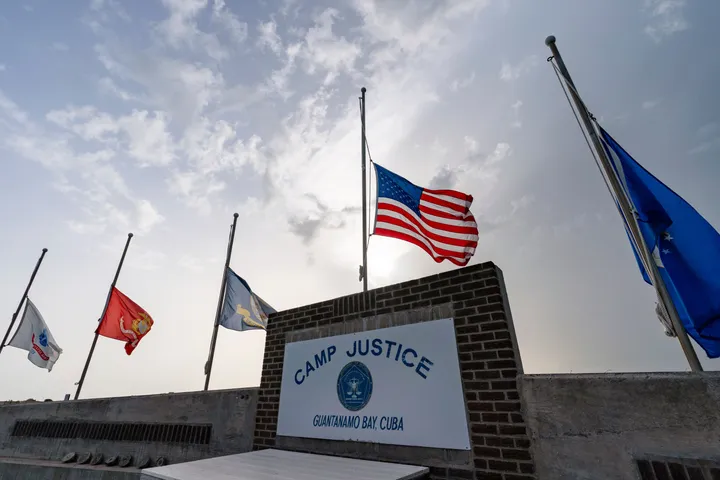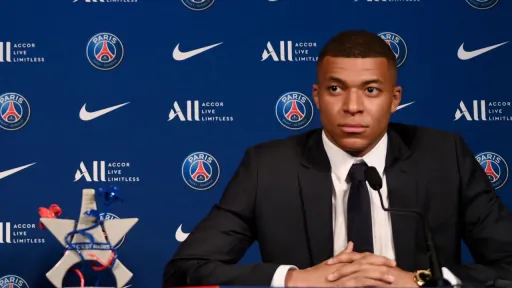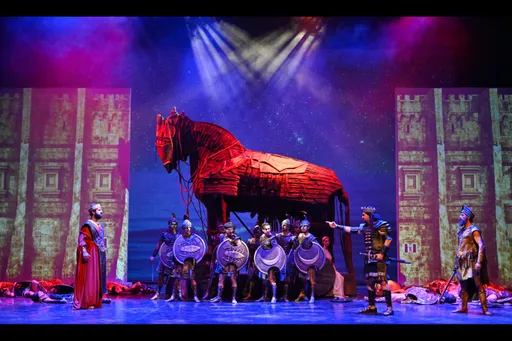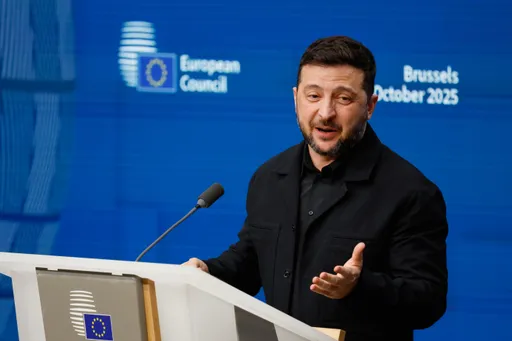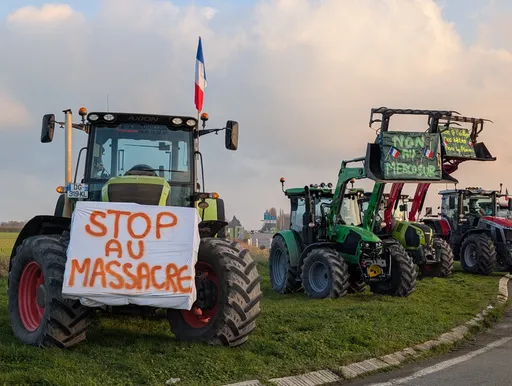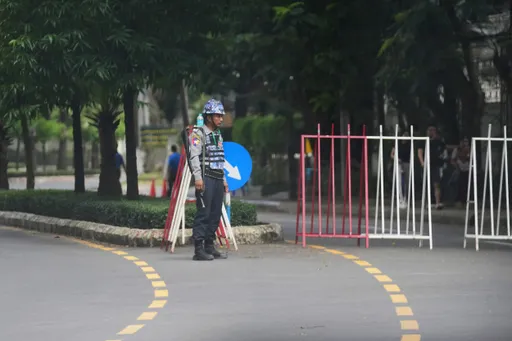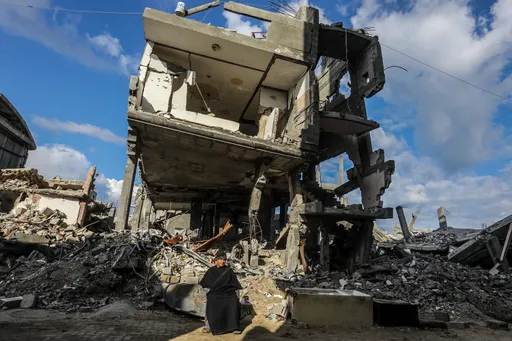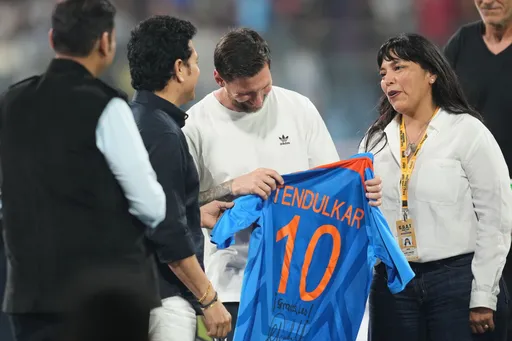French President Emmanuel Macron visited the graffiti-damaged Arc de Triomphe monument and held an emergency meeting on security on Sunday, a day after central Paris was hit by France’s worst riot in a generation.
Macron, who was meeting with his prime minister and interior and environment ministers, has vowed that those responsible for the violence and the damages will pay for their actions.
His tour of France’s beloved monument came just hours after he flew back from the G-20 summit in Argentina.
Macron paid tribute to the Unknown Soldier from World War I whose tomb is under the monument.
He then headed to a nearby avenue where activists wearing yellow jackets had torched cars, smashed windows, looted stores and battled police on Saturday. There he met with firefighters, police officers and restaurant owners.
Earlier, a government spokesman Benjamin Griveaux said France would consider imposing a state of emergency to prevent a recurrence of some of the worst civil unrest in more than a decade and urged peaceful protesters to come to the negotiating table.
"We have to think about the measures that can be taken so that these incidents don't happen again," Griveaux told Europe 1 radio.
The authorities were caught off guard by the escalation in violence after two weeks of nationwide protests against fuel taxes and living costs, known as the "yellow vest" movement after fluorescent jackets kept in all vehicles in France.
When asked about imposing a state of emergency, Griveaux said it would be among the options considered on Sunday.
"It is out of the question that each weekend becomes a meeting or ritual for violence."
Protests began on November 17 and quickly grew thanks to social media, with protesters blocking roads across France and impeding access to shopping malls, factories and some fuel depots.
Authorities said violent groups from the far right and far left as well as "thugs" from the suburbs had infiltrated the yellow vests movement in Paris on Saturday, although Interior Minister Christophe Castaner said most of those arrested were regular protesters who had been egged on by fringe groups.
Speaking on BFM TV late on Saturday, Castaner said the authorities had put all security measures in place to prevent the violence, but that they had faced extremely violent, organised and determined groups.
He did however say the government had made a mistake in how it communicated its plans to move away from oil dependence, the policy which led to fuel tax hikes.
He and Griveaux urged the yellow vest movement to organise itself and coming to the negotiating table.
"We are ready to talk to them everywhere and the door is open to them," Griveaux said.
Paul Marra, a yellow vest activist in Marseille, told BFM TV that the government was to blame for the violence across the country.
"We condemn what happened, but it was inevitable. The violence started from the top. The biggest thug is the state through its inaction." (Reporting by John Irish Editing by Raissa Kasolowsky)

